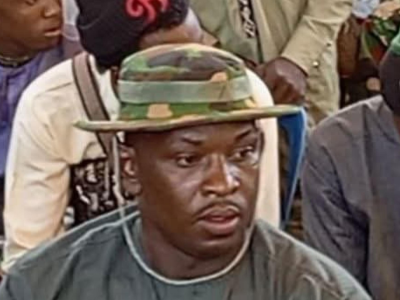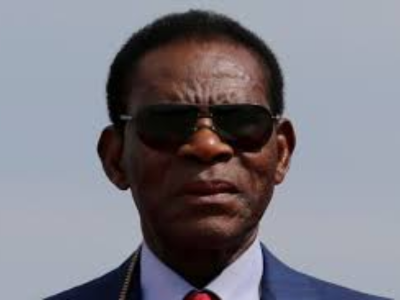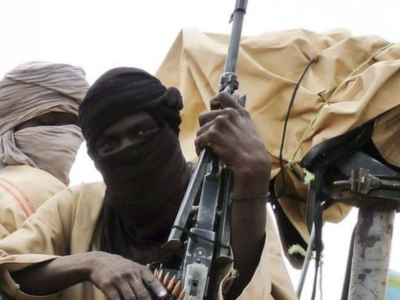Bandit Leader Linked to Katsina Mosque Massacre Surfaces at Peace Talks
- by Admin.
- Sep 15, 2025

Credit:
Babaro, a notorious bandit commander accused of orchestrating a deadly mosque attack that killed 32 worshippers in Katsina State appeared at a community peace dialogue on Sunday, stirring debate over the role of negotiations in combating the region's rampant insecurity.
The meeting, held in Faskari Local Government Area, brought together traditional rulers, community leaders, security officials, and herder representatives to tackle escalating clashes between farmers and armed herders. Among the attendees was Babaro, a bandit leader long associated with terrorizing Kankara and Malumfashi areas through kidnappings, extortion, and raids. Security analyst Zagazola Makama shared a photo on X showing Babaro at the event, noting his alleged role in the August 19 assault on Mantau Mosque in Malumfashi, where gunmen stormed the site during Isha prayers, leaving 32 dead and many injured.
The mosque attack, described by officials as a reprisal for a community ambush on bandits two days earlier, unfolded around 5 a.m. when assailants opened fire on worshippers in Unguwan Mantau. Initial reports varied, with police citing 17 deaths and locals estimating over 50, but the state government confirmed 32 fatalities on August 20 after a condolence visit led by Secretary to the State Government Abdullahi Faskari. Survivors recounted hiding in bushes as searches continued for missing persons, including an entire family of 15 reportedly burned alive in their home. The bandits, believed to operate from nearby forests, imposed a N15 million levy on the community days later, deepening the trauma.
Babaro's presence at the Faskari talks, alongside figures like Ado Alero and Isiya Kwashen Garwa – both on national wanted lists – highlighted the delicate balance of dialogue in northwest Nigeria. The session resulted in agreements for unarmed bandit entry into towns, safe access to farms and grazing lands, mutual forgiveness, and the release of captives without ransom. Ado Alero, another kingpin, pledged renewed commitment to peace, recalling past failed talks marred by his son's arrest, which he called unjust. He expressed hope that this effort would endure, extending beyond Faskari to the wider region.
Such initiatives have proliferated in Katsina and neighboring states like Zamfara, where banditry has displaced thousands and claimed countless lives since 2019. Proponents, including Governor Dikko Radda, view them as vital for de-escalation, with the state injecting N36 billion into security since 2023. Radda, on medical leave during the talks, has directed operations against bandit enclaves and supported community defenses, as seen in a recent Magaji Wando raid that killed eight, including a security officer. Yet critics argue these forums risk legitimizing criminals without accountability, allowing attackers to evade justice while communities pay ransoms or "farming fees." Past accords have faltered, with "repentant" bandits resuming violence elsewhere, eroding trust.
As of Sunday evening, Katsina authorities had not commented on Babaro's attendance or his status regarding the mosque killings. The state has deployed troops and police to hotspots like Batsari, Jibia, and Safana, but porous borders with Niger facilitate arms and fighter flows. For Mantau residents, still burying their dead and fearing reprisals, the sight of an alleged perpetrator at peace talks underscores a painful irony: dialogue may offer respite, but without enforcement, it leaves victims wondering if true security is within reach.













0 Comment(s)